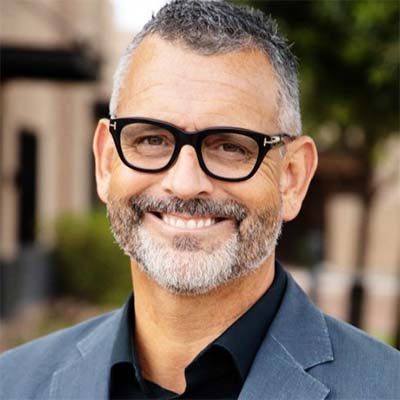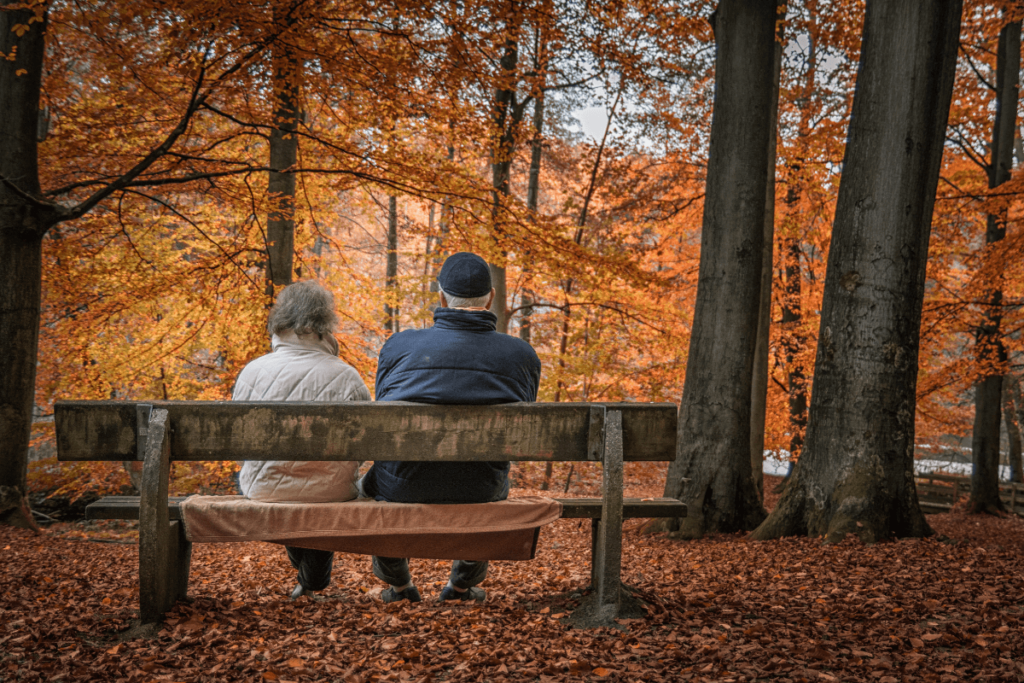As the days get shorter and the weather gets colder, many people find themselves feeling more depressed than usual. The condition that brings on these feelings is referred to as seasonal affective disorder (SAD). This can be especially prevalent among seniors who may feel lonely due to their age, health, and other circumstances. The feelings that the change in seasons brings can make these feelings worse. As we explore the impact seasonal affective disorder can have on seniors, we’ll also take a look at how senior independent living in Washington, such as the options Encore Communities provides, can help seniors combat fall and winter blues.
What is Seasonal Affective Disorder (SAD)?
Seasonal Affective Disorder is a type of depression that typically starts in the fall and continues through the winter.[1] It can make you feel moody and sluggish.
While the exact cause of SAD is unknown, many believe the decreased exposure to natural light during the winter plays a significant role. Sunlight has an essential impact on our circadian rhythm and brain chemistry. As the amount of daylight decreases, our serotonin levels are lowered, which can lead to a greater risk of depression.
The cold weather and darkness of the winter season can also keep people at home and away from their family and friends. This isolation can negatively impact a person’s mental and emotional well-being.
Symptoms of SAD
Common symptoms of SAD include:[2]
- Social withdrawal
- Anxiety
- Feelings of hopelessness
- Increased sleep and daytime drowsiness
- Fatigue
- Trouble focusing
- Headaches
- Weight Gain
People experiencing SAD may develop one or several of these symptoms. Since many of these symptoms mirror those of other health conditions, it’s essential for seniors to get evaluated by a healthcare professional to determine the proper diagnosis.
Why does SAD impact Seniors?
While SAD can impact anyone at any age, many seniors are prone to getting it. Those with trouble walking are less likely to venture out in the bad weather for fear of falling and getting hurt. They may also feel isolated due to the immobility that the cold weather can cause.
Others may have a Vitamin D deficiency that can impact their moods and energy levels. While this can play a role, so can mental health issues that have gone untreated and only get worse as SAD settles in.
How Seniors Can Combat SAD in Senior Independent Living in Washington
There are many things that seniors can do to help combat and prevent SAD.
Social Interactions
Making sure there is plenty of time for socialization, especially during the winter months, can help seniors combat SAD. Independent living communities proactively plan activities to keep seniors busy and interacting. From game nights to book clubs and exercise groups, seniors have many opportunities to spend time with their peers and remain social.
Lead a Healthy Lifestyle
Leading a healthy lifestyle by remaining active and eating a healthy, balanced diet can help to prevent SAD. Seniors can also maintain a healthy energy level by avoiding meals loaded with sugar, which can slow them down. Going for a walk or doing simple exercises to reduce stress can help seniors get a good night’s rest and avoid the fatigue that can accompany SAD.
Light Therapy
Spending time near a window to expose yourself to sunlight can help ease SAD symptoms. If this is not possible, there is also the option of light therapy. This entails getting exposed to a special light for a specific amount of time each day.[2] It’s best to consult your doctor to determine whether this is safe and viable.
Find New Hobbies
Exploring new hobbies, such as painting, crafts, or music, can also help with the symptoms of SAD. This not only helps seniors be active but can also help them meet other people who can help prevent them from becoming lonely.
Stay Connected with Loved Ones
Those in an independent living community can also stay connected with loved ones by talking to them regularly and video chatting. If they are close enough, in-person visits are even better. These connections are invaluable. Family members need to make an effort to reach out to their loved ones to prevent them from feeling isolated.
Seek Professional Help with the Help of Senior Independent Living in Washington
Therapy can sometimes help seniors who are feeling depressed due to the lack of sunlight and the change of seasons. Talk with your healthcare provider to see if this is an option that can help.
Encore Communities Provides Senior Independent Living in Washington
Encore Communities offers independent living options for seniors at our Country Meadows community in Silverdale, Washington, and the Laurel Cove Community in Shoreline, Washington. Staff at both of these locations work to help residents remain social and fight the depression that can come with the change of seasons.
Country Meadow offers spacious one—and two-bedroom cottages with many amenities, including complimentary meal service, a recreation center, weekly housekeeping, and in-unit washers and dryers. Different community activities are also planned to help keep seniors busy and social.
Independent living is also available at our Laurel Cove Community. Residents can enjoy one-bedroom or studio units to suit their needs. Dining, activities, housekeeping, and laundry services are among the amenities, and accessible transportation services are also available to residents.
Call us today to schedule a tour of our independent living communities in Washington. Then, you can decide which option is best for you or your loved one.
Sources:
[2] https://www.hopkinsmedicine.org/health/conditions-and-diseases/seasonal-affective-disorder

Dan is Vice President, Marketing of the Alumus family of companies. A Seattle native, he earned his BA in Humanities and Political Science at Evergreen State College. He started his career as a newspaper columnist, eventually transitioning into marketing and tech writing for Microsoft and several other startups. He later launched a successful creative agency focused on branding, digital marketing, and content production in Los Angeles, where he worked for several nursing and behavioral health clients, eventually becoming the National Marketing Director for one of them.
He has taught Vipassana mindfulness meditation and MBSR and spends whatever free time he has with his son snowboarding, hiking, and camping in the mountains.
